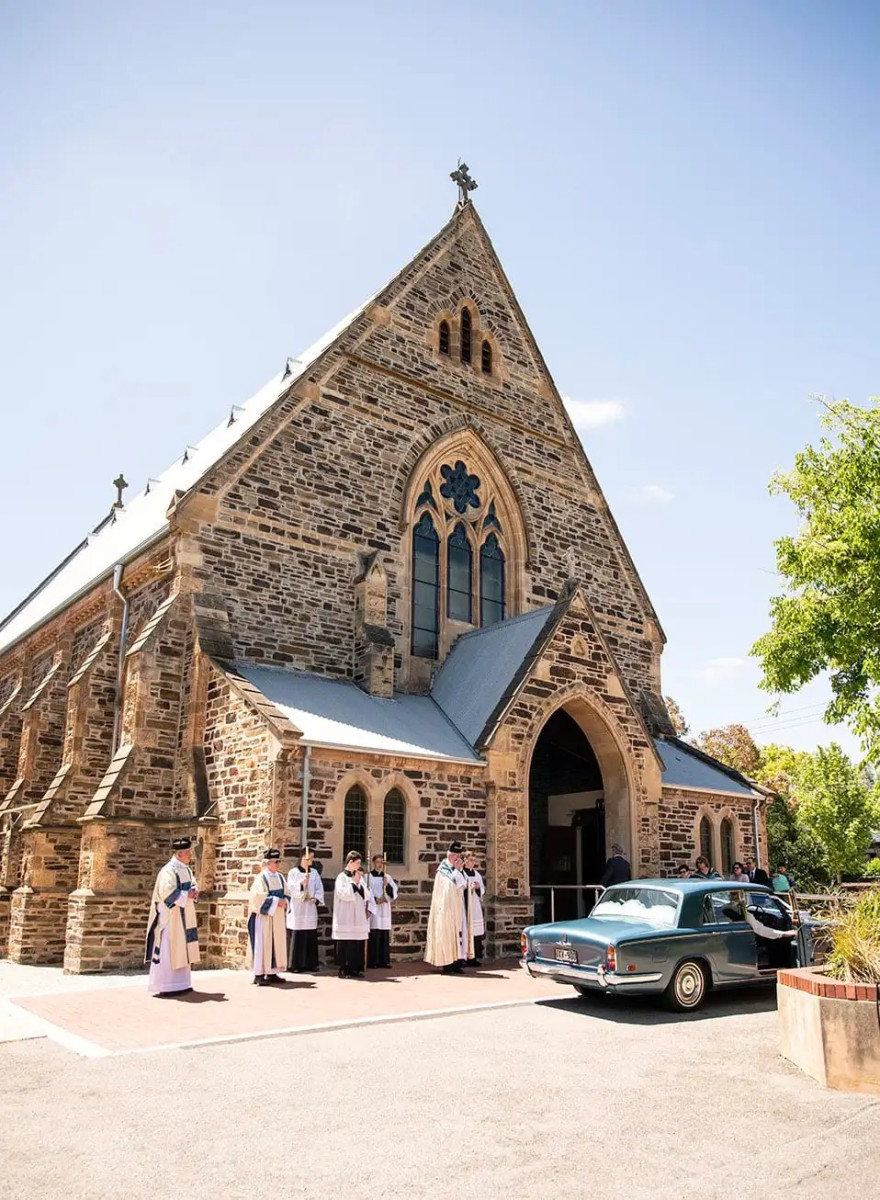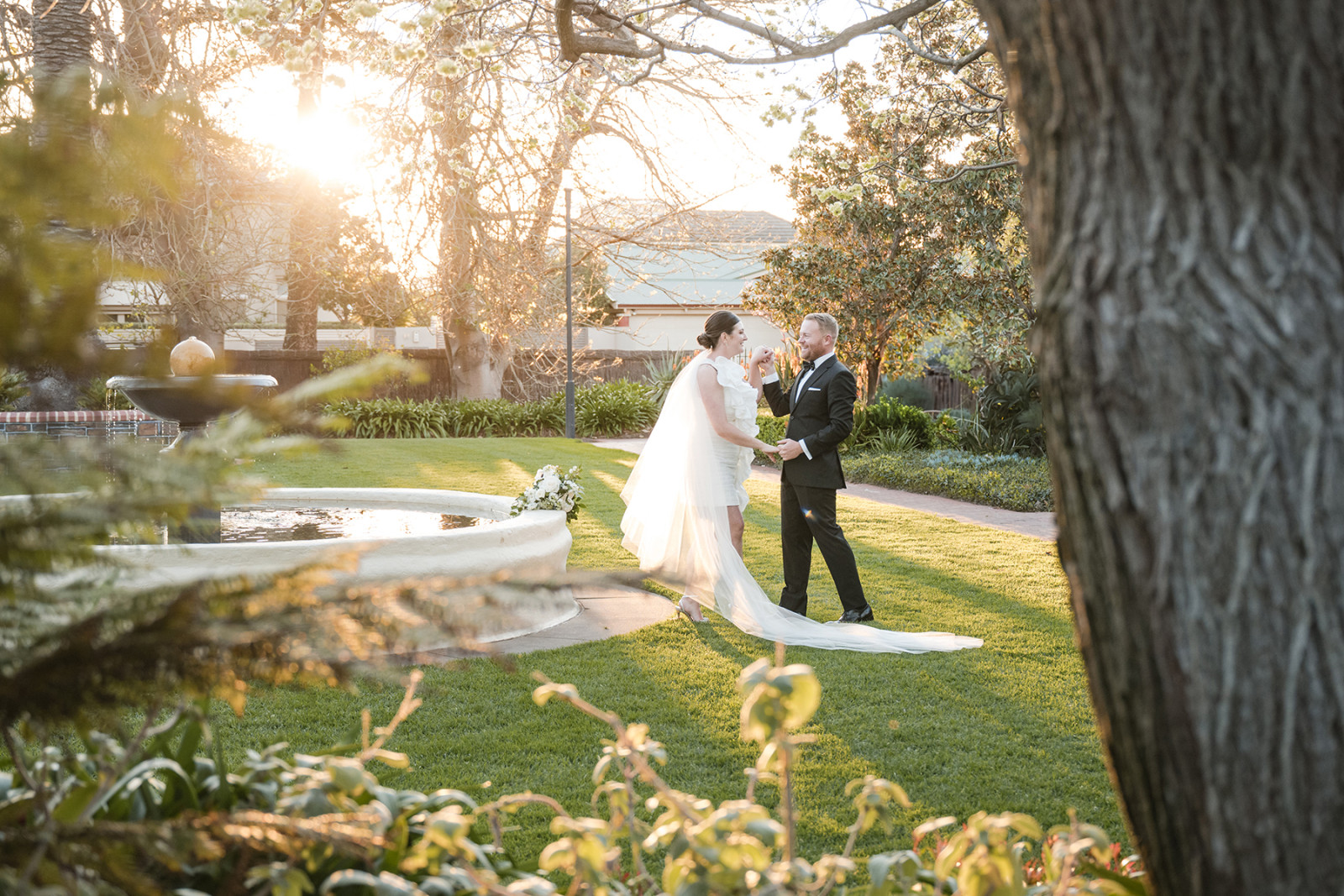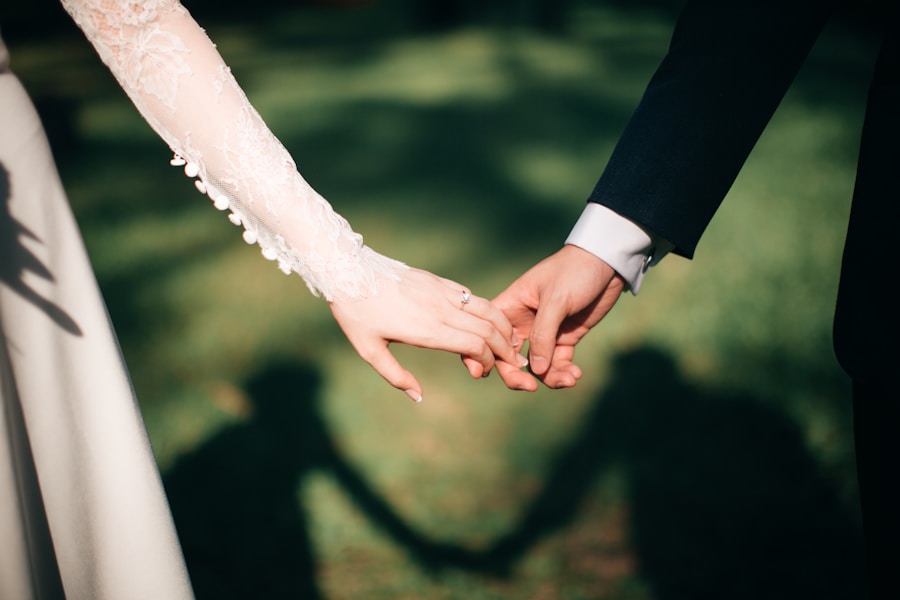The Symbolism Behind Traditional Wedding Venues: A Cultural Exploration
Weddings are a significant event in many cultures around the world. They are a celebration of love, commitment, and the joining of two families. One of the most important decisions that couples make when planning their wedding is choosing the venue. The choice of wedding venue is often influenced by religious beliefs, historical significance, geography, and symbolism. This blog post will explore the importance of wedding venues in different cultures and how they reflect the values and traditions of each society.
The Role of Religious Beliefs in Traditional Wedding Venues
Religious beliefs play a significant role in determining the choice of wedding venues in many cultures. For example, in Christianity, weddings are often held in churches. The church is seen as a sacred space where the couple can exchange their vows in the presence of God and seek his blessings for their marriage. The church also symbolizes the community of believers who support and witness the couple’s commitment to each other.
In Hinduism, weddings are traditionally held in a mandap, a four-pillared structure. The mandap represents the universe and the four pillars symbolize the four parents who are responsible for bringing the couple together. The mandap is usually decorated with flowers and other auspicious symbols to create a sacred and festive atmosphere for the wedding ceremony.

Historical Significance of Traditional Wedding Venues
Some wedding venues have historical significance, which adds to their appeal and charm. For example, the Palace of Versailles in France has been the site of many royal weddings throughout history. The grandeur and opulence of the palace provide a majestic backdrop for the celebration of love and union. Couples who choose this venue are often drawn to its rich history and the sense of romance and grandeur it evokes.
Similarly, the Taj Mahal in India is a popular wedding venue due to its historical significance and beauty. The Taj Mahal is considered one of the most beautiful buildings in the world and is a UNESCO World Heritage Site. Couples who choose this venue are often captivated by its architectural splendor and the romantic story behind its creation. The Taj Mahal is seen as a symbol of eternal love and devotion, making it a fitting venue for a wedding ceremony.
The Influence of Geography on Wedding Venue Choices
The location of a wedding can also influence the choice of venue. For example, beach weddings are popular in coastal areas where couples can exchange their vows against the backdrop of the ocean. The beach symbolizes tranquility, beauty, and the eternal nature of love. It provides a relaxed and romantic setting for couples to celebrate their special day.
In mountainous regions, weddings may be held in scenic locations with a view of the mountains. The mountains symbolize strength, stability, and the enduring nature of love. Couples who choose mountain venues are often drawn to the natural beauty and serenity of these locations. The mountains provide a sense of awe and wonder, creating a magical atmosphere for the wedding ceremony.
Symbolism of Outdoor Wedding Venues in Different Cultures
Outdoor wedding venues are popular in many cultures due to their symbolism and connection to nature. In Chinese culture, outdoor weddings are often held under a red canopy to symbolize good luck. Red is considered a lucky color in Chinese culture and is associated with happiness, prosperity, and good fortune. The canopy also provides shade and protection for the couple, symbolizing their commitment to support and care for each other throughout their lives.
In Native American culture, weddings are often held outdoors to symbolize the connection between humans and nature. The natural elements such as trees, rivers, and mountains are seen as sacred and are believed to have spiritual powers. By getting married in nature, couples seek to honor and respect the earth and its resources, and to invite the blessings of the natural world into their union.

Traditional Wedding Venues in Western Culture
In Western culture, weddings are often held in churches or other religious buildings. The church symbolizes the sacredness of marriage and the couple’s commitment to God. It is also a place where the couple can seek the blessings of their religious community and receive guidance and support for their marriage.
Castles and historic buildings are also popular wedding venues in Western culture. These venues evoke a sense of romance, elegance, and fairy tale charm. Couples who choose these venues are often drawn to their architectural beauty and the sense of history and tradition they represent. These venues provide a unique and memorable backdrop for the celebration of love and union.
Significance of Traditional Wedding Venues in Asian Cultures
In Asian cultures, traditional wedding venues often reflect the religious and cultural traditions of the society. In Japan, weddings are often held in Shinto shrines or Buddhist temples. These venues are considered sacred and provide a spiritual setting for the wedding ceremony. The couple seeks the blessings of the deities and ancestors and prays for a harmonious and prosperous marriage.
In China, weddings are often held in banquet halls or hotels. These venues provide a spacious and luxurious setting for the wedding celebration. The banquet hall is often decorated with red and gold, which are considered lucky colors in Chinese culture. The couple and their families host a lavish feast for their guests, symbolizing their generosity and abundance.
African Wedding Venues: A Celebration of Culture and Heritage
In African cultures, weddings are often held in outdoor locations such as gardens or parks. These venues allow for a large gathering of family and friends and provide a festive and joyful atmosphere for the celebration. Traditional African wedding venues may include tribal villages or cultural centers, where the couple can honor their heritage and showcase their cultural traditions.
The outdoor venues also allow for the incorporation of traditional rituals and customs, such as drumming, dancing, and storytelling. These rituals symbolize the community’s support and blessings for the couple and create a sense of unity and belonging. African wedding venues are a celebration of culture, heritage, and the coming together of families and communities.
Traditional Wedding Venues in Middle Eastern Cultures
In Middle Eastern cultures, weddings are often held in banquet halls or hotels. These venues provide a luxurious and opulent setting for the wedding celebration. The banquet hall is often decorated with elaborate floral arrangements, crystal chandeliers, and ornate furnishings. The couple and their families host a lavish feast for their guests, symbolizing their hospitality and generosity.
In some Middle Eastern cultures, weddings are segregated by gender and held in separate venues for men and women. This tradition reflects the cultural norms and values of the society, where men and women have separate social spaces. The separate venues allow for the celebration of the wedding in a way that is comfortable and appropriate for each gender.
Contemporary Trends in Wedding Venues and Their Symbolism
In recent years, there has been a shift towards non-traditional wedding venues that reflect the couple’s interests and personalities. Contemporary wedding venues include unique locations such as museums, art galleries, and vineyards. These venues may symbolize the couple’s love for art, culture, or wine, and provide a unique and personalized setting for the wedding celebration.
Couples may also choose non-traditional venues to break with tradition and create a unique wedding experience. For example, some couples may choose to get married in a hot air balloon, on a yacht, or in a forest. These venues symbolize adventure, freedom, and the couple’s desire to create a memorable and unconventional wedding.
Conclusion:
The choice of wedding venue is an important decision for couples in many cultures. The venue may be influenced by religious beliefs, historical significance, geography, and symbolism. Traditional wedding venues reflect the values and traditions of each society and provide a sacred and festive setting for the celebration of love and union. Contemporary trends in wedding venues reflect the changing attitudes towards marriage and the desire for unique and personalized experiences. Whether traditional or non-traditional, the wedding venue plays a significant role in creating a memorable and meaningful wedding celebration.

